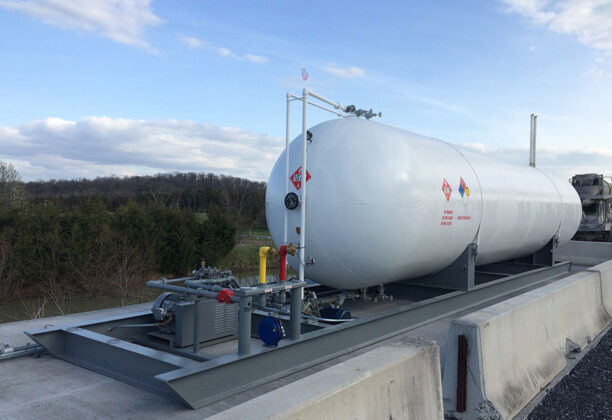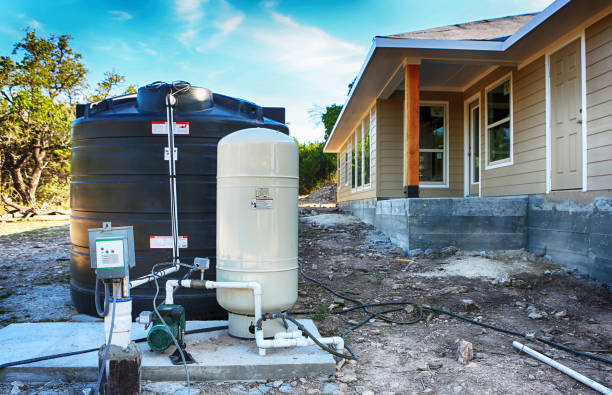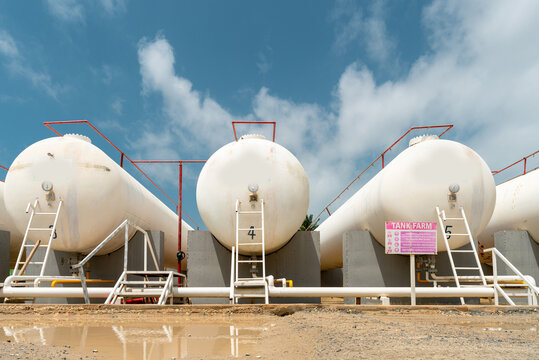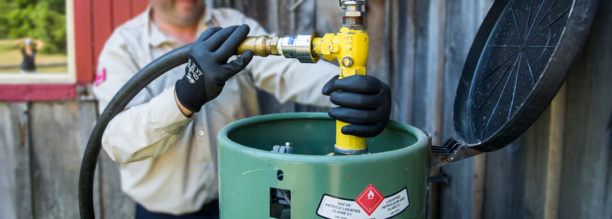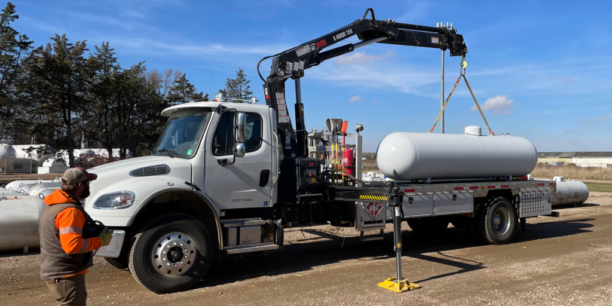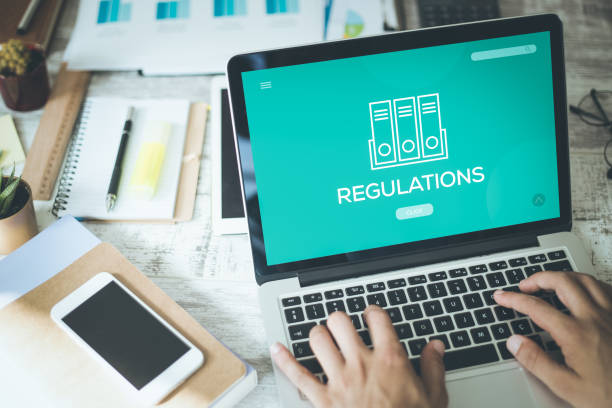NPGA Pushes for Smarter Regulations: Calls for Change in Response to Executive Orders
In a move aimed at reducing unnecessary regulatory burdens on the propane industry, the National Propane Gas Association (NPGA) has formally submitted comments to the Federal Trade Commission (FTC) and the Department of Justice (DOJ) following a series of federal Executive Orders. These orders — Executive Orders 14192, 14219, and 14267 — directed federal agencies… Continue reading NPGA Pushes for Smarter Regulations: Calls for Change in Response to Executive Orders



